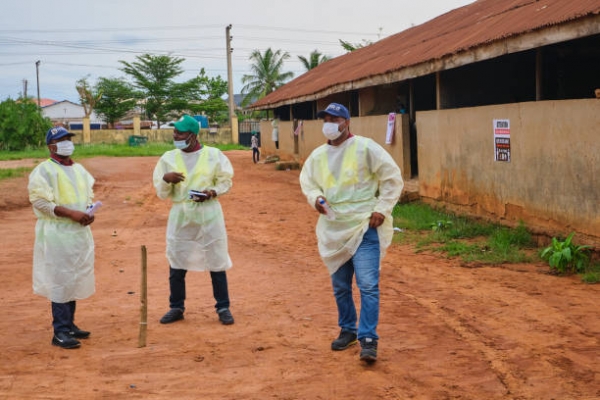Since 2011, Africa has experienced an increasing rate of forced displacement. Currently, 32 million Africans are either internally displaced persons (IDPs), refugees, or asylum seekers, an increase of 3 million compared to last year. The majority of these 32 million people, around 24 million, are internally displaced.That means that they have been forced to leave their homes due to political crises, violent extremism, conflicts, or human rights abuses but they have remained inside their countries of origin.
Just ten countries account for 88% of forcibly displaced people on the continent. Thus, current patterns of internal displacement in Africa are highly concentrated in nature. Among the countries with the highest number of IDPs, the Democratic Republic of the Congo has the largest number with 6 million people displaced, it is followed by South Sudan with 4 million IDPs. Last year saw a steady growth in the number of IDPs in Ethiopia since the beginning of the conflict in Tigray in November 2020. Similarly, Mozambique has experienced a rise in the number of IDPs due to violence in the northern part of the country, with more than 600,000 people displaced during the last year.
While additional protection laws and treaties, such as the UN Refugee Convention of 1951, come into force once a displaced person exits the country, there are few international protections for IDPs. The issue of internal displacement is particularly complex because their right to protection is subject to their own government, which may or may not decide to take action to protect IDPs. Sadly, IDPs are rarely a priority for a government facing political turmoil or conflict, making them vulnerable to further human rights violations and to great suffering. This vulnerability will only become a more pressing international issue if numbers of African IDPs continue to grow due to conflict on the continent.
Sources:
32 Million Africans Forcibly Displaced by Conflict and Repression - World | ReliefWeb
Autocracy and Instability in Africa – Africa Center for Strategic Studies







